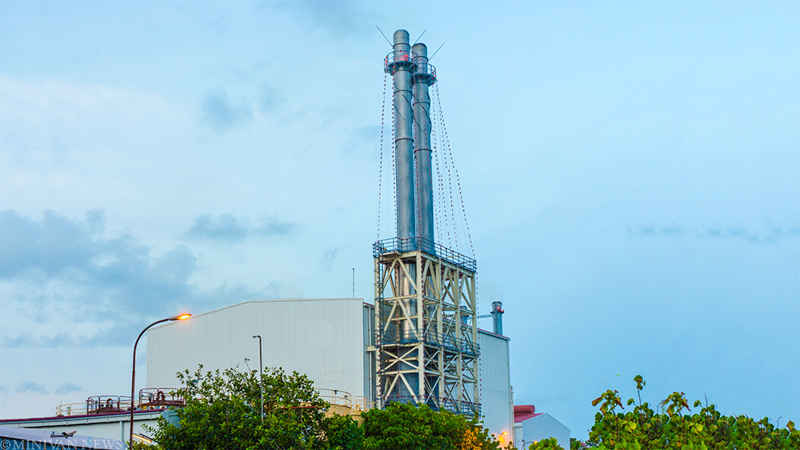The State Electricity Company (STELCO) has said that a power outage in the Galolhu ward of Malé around 1:00am last night was caused by a damaged switch gear at a distribution centre in Lily Magu.
The power cut lasted more than nine hours and followed STELCO warning of intermittent cuts in the capital after one of two main 8MW generators at the power plant suffered damage.
STELCO spokesperson Ibrahim Rauf told Minivan News that electricity services resumed around 11:00am this morning after the switch gear was replaced.
Contrary to rumours, Rauf said last night’s outage was not the result of an overload caused by LED lights placed at government buildings to mark the upcoming 50th anniversary of independence.
Rauf suggested that the damage could have been caused by heavy rainfall last night, but said that the exact cause has not been determined.
The damage to one of the main engines earlier this month was caused by “technical problems” and will take time to repair, Rauf said. The generator’s parts will have to be brought from overseas and replaced, he added.
STELCO is yet to determine the cause of the generator failure.
The government-owned electricity provider in the atolls, Fenaka Corporation, is meanwhile transporting two 2MW engines to Malé from Addu City for temporary use during the independence day celebrations.
Rauf said one of the generators was shipped out last night and STELCO “will see when it arrives” whether it could be installed ahead of Independence Day. But he expressed confidence that STELCO will be able to handle the high demand for electricity on July 26 without power cuts.
Meanwhile, in a Facebook post on Sunday, Addu City Mayor Abdulla Sodiq said electricity services provided by the central power station was disrupted last week while power outages have been common in recent weeks.
The transfer of the generator to Malé is regrettable, he said, calling on the government not to “deprive citizens of such basis services.”
The government’s policy of ensuring reliable, round-the-clock electricity across the country has “failed,” Sodiq contended.
“The question is if Addu faces an electricity problem tomorrow, will an engine be brought from Greater Malé?” he asked.
Rauf meanwhile told Minivan News last week that the LED lights strung for independence day celebrations will use around 2.5 MW of electricity from the STELCO grid.
“We are very concerned and saddened because the lights may also suffer due to the power cuts,” he said.
Malé uses 46MW of electricity on average, but the amount could go up to 52MW at peak hours or on dry and humid days.
“The demand for electricity depends a lot on the weather. If we have wet cold weather then people would not use air-conditioners and electricity demand will be reduced,” he said.
It has been raining heavily in Malé this week, but July 26 is expected to be dry, according to weather forecasts.
Power cuts will last only one hour at high demand periods, and will be spread out in different areas of Malé, Rauf said.
Maldives is celebrating 50 years of independence from the British on July 26.
The government is planning grand celebrations to mark Independence Day, including a parade by the army and school brass bands, reopening of public parks with water fountains, an official function at the Usfasgandu area with more than 100 foreign dignitaries, official games at the national stadium, and a football tournament in the atolls.



